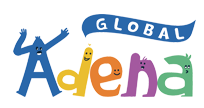
Why Does My Toddler Always Want to “Help”? What Montessori Says About the Drive to Participate (1–3 Years)
“She insists on putting on her own shoes — and it takes 20 minutes.”
“He wants to help in the kitchen and ends up spilling rice everywhere.”
“She can’t button her shirt yet but tries again and again…”
To many parents, toddlers’ constant desire to “help” feels more like creating chaos than contributing. But in Montessori education, these actions reflect something deeply important:
A child’s inner drive for independence and purposeful action.
Let’s explore what this behavior really means — and how to support it in a way that benefits your child’s development.
Why Do Toddlers Want to Do Everything Themselves?
From around 1 to 3 years old, From around 1 to 3 years old, children enter a developmental stage where they begin to separate their identity from adults. They're learning to say:“I am separate from you. I want to try on my own.”
Maria Montessori identified this stage as part of the development of will and independence — a time when the child is building their identity through action. They’re not trying to test your limits; they’re saying:
“I’m no longer a baby. Let me try. Please trust me.”
This internal drive to participate, to repeat, to figure things out independently — it’s how the child builds concentration, coordination, and confidence.
What Are Practical Life Activities, and Why Are They So Valuable?
In Montessori education, Practical Life Activities are the foundation of early learning. They include real-life, hands-on tasks such as:
l Pouring, wiping, sweeping, scrubbing
l Washing fruit, folding towels, caring for plants
l Dressing, organizing, carrying items from place to place
To us adults, they may seem simple. But for toddlers, these tasks are full of rich developmental value. They help refine:
l Fine and gross motor skills
l Concentration and sequencing
l Order, responsibility, and a sense of purpose
In Montessori, real life is the curriculum.
Through these activities, toddlers don’t just “help” — they build their autonomy, one small act at a time.
How Can Parents Encourage Participation Without Losing Patience?
Supporting your toddler’s independence doesn’t mean chaos. With a bit of preparation, their desire to help can become a strength:
✅ Slow down the routine
Give them 10 extra minutes to put on shoes or dress themselves.
✅ Create safe opportunities to help
Set up a small food prep station where they can safely rinse fruit or stir dough.
✅ Use child-sized tools
A small pitcher, sponge, or brush fits their hands and gives them real control.
✅ Focus on the process, not perfection
It’s okay if water spills or socks go on sideways — they’re learning through doing.
By adjusting the environment instead of denying their urge, you send a powerful message:
“I see your effort. I trust your ability.”
How Does Adena Support Toddler Independence at Home?
At Adena, we believe young children don’t need “pretend” versions of the world — they need tools that empower real participation.
Inspired by Montessori, we’ve developed a collection of beautiful, functional Montessori tools for toddlers, including:
l Low-profile water pitchers, small brooms, child-sized cleaning kits
l Kitchen tools like tiny tongs, spreaders, and whisks for safe food prep
l Open shelving, mini laundry baskets, toddler-accessible furniture
l Child-sized sinks and cooking sets for hands-on life practice
Every product is designed to match your child’s developmental stage — encouraging not just independence, but joyful mastery.
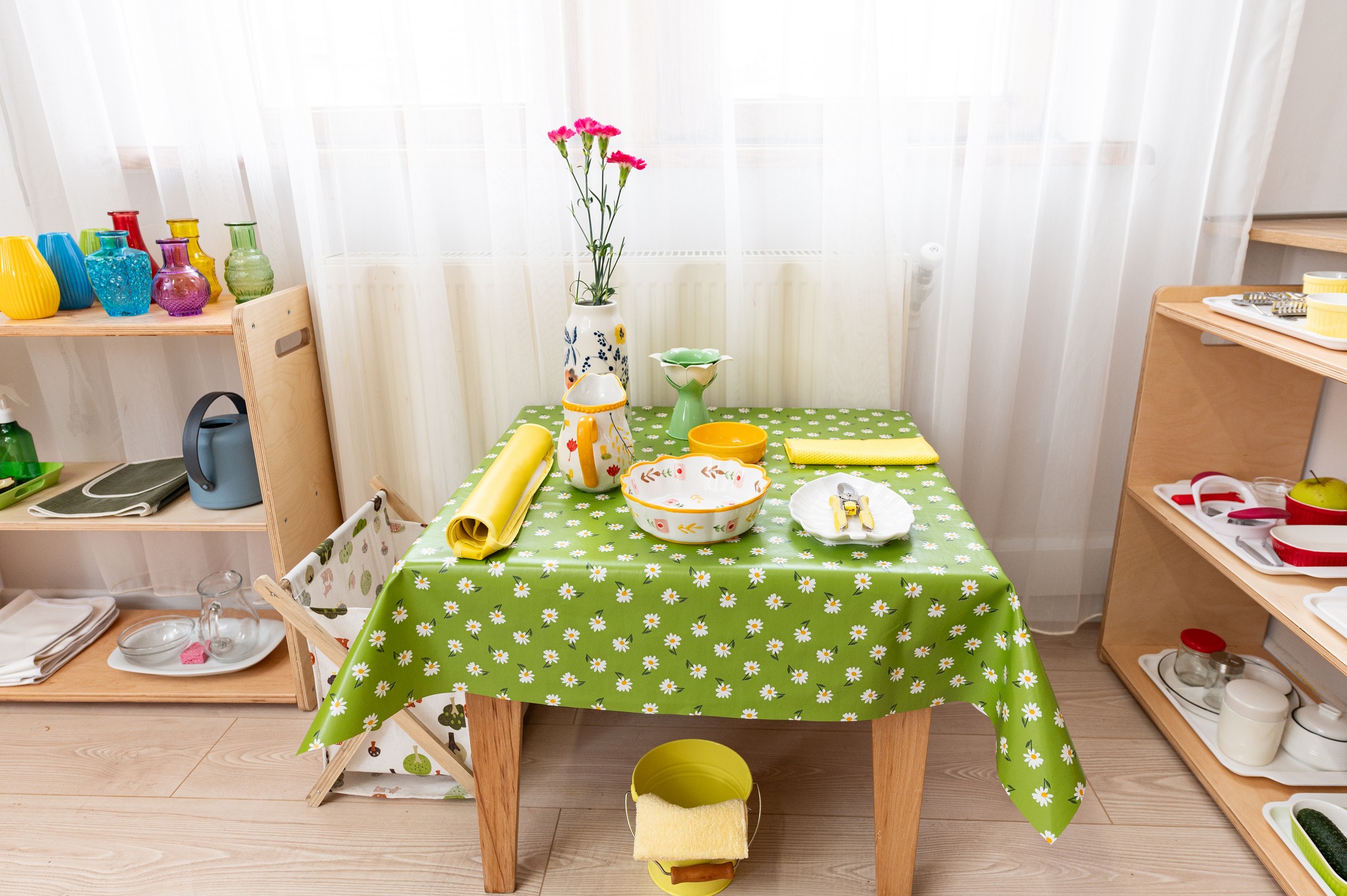
Next time your child insists “I do it!”, pause before stepping in.
What seems like “helping” or “getting in the way” is often their first expression of agency.
Give them space, give them time, and give them the right tools.
You’ll be amazed at what they can do.
Ready to support your toddler’s independence the Montessori way?
Visit adenaglobal.com to explore our full collection of Montessori tools for toddlers aged 1–3.
From practical life sets to home-friendly learning materials — we help you build a space where your child can truly thrive.
Have questions or need guidance? Contact us at julia@adenamontessori.com — we’d love to help!
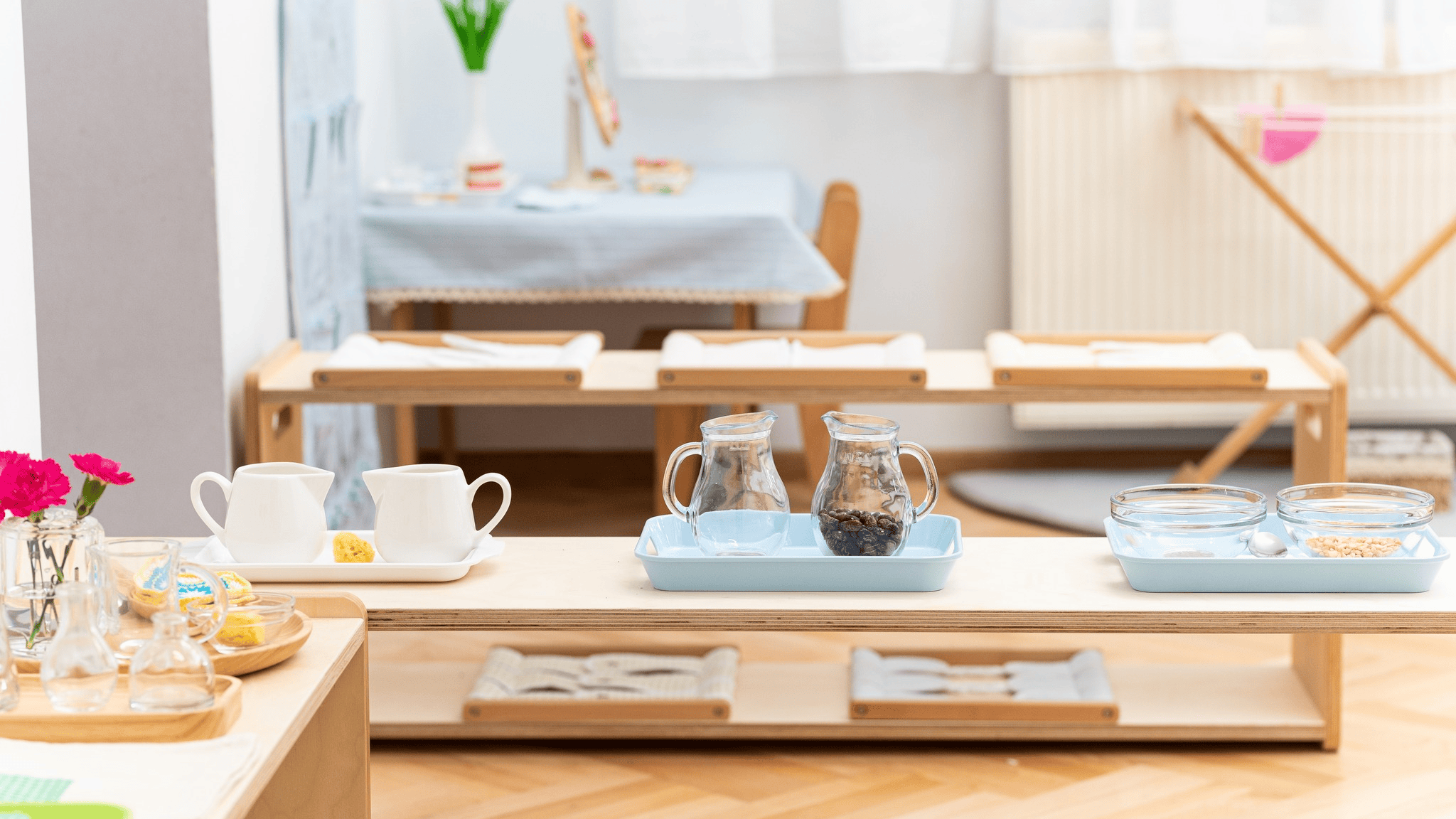 Back-to-School Anxiety: Montessori Tips for a Smooth Transition
Back-to-School Anxiety: Montessori Tips for a Smooth Transition
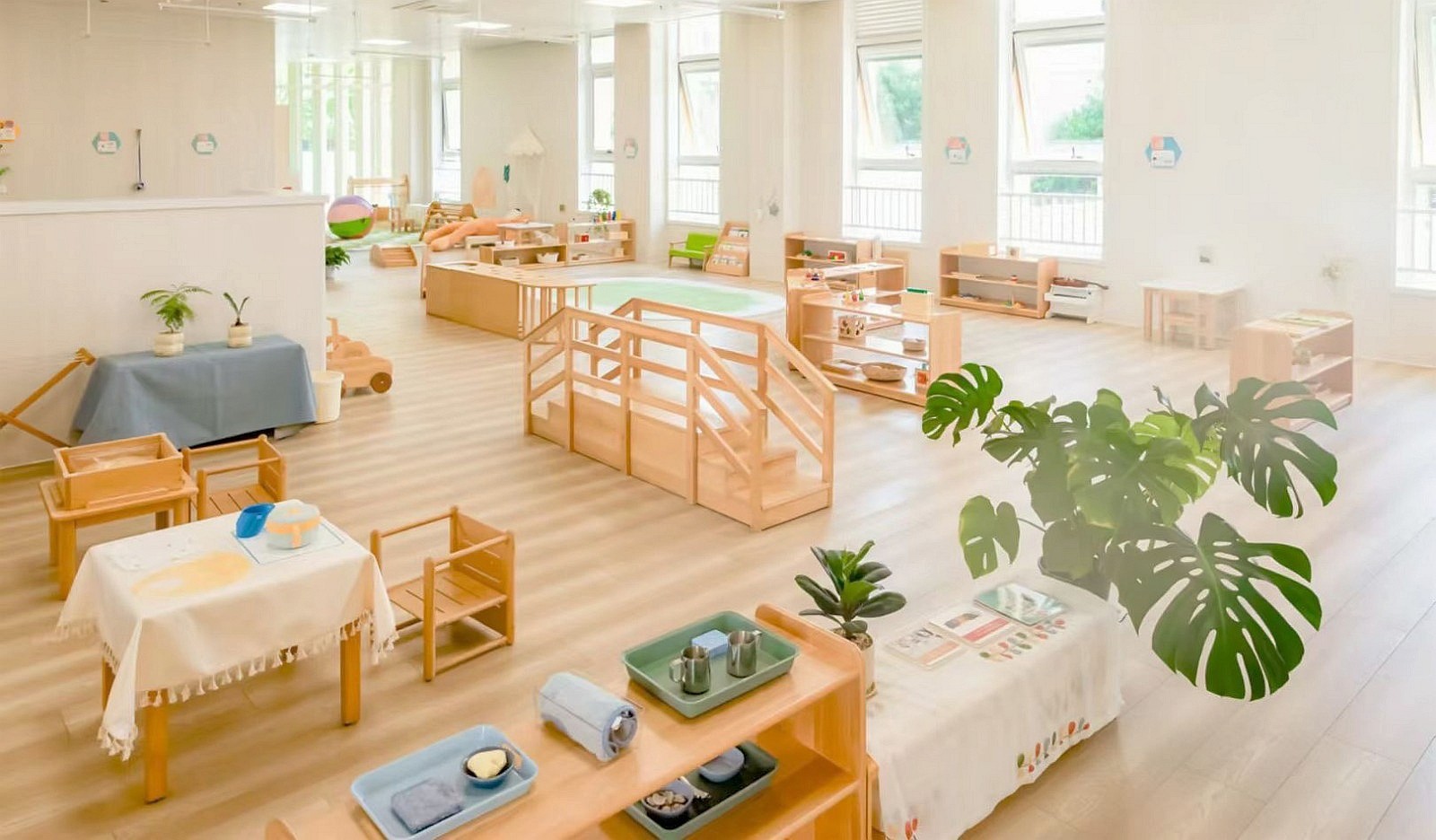 Back-to-School Checklist: Montessori Study Corner Setup | Adena Montessori
Back-to-School Checklist: Montessori Study Corner Setup | Adena Montessori
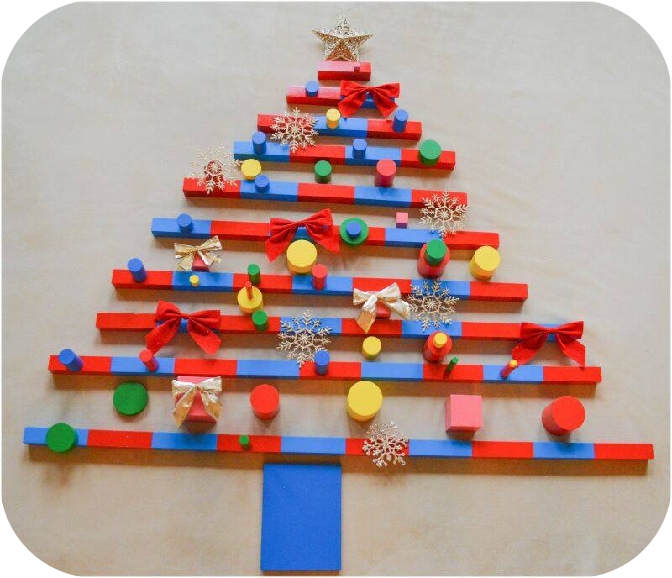 Christmas Montessori Gift Guide Sensorial Materials for Warm Parent–Child Interaction
Christmas Montessori Gift Guide Sensorial Materials for Warm Parent–Child Interaction
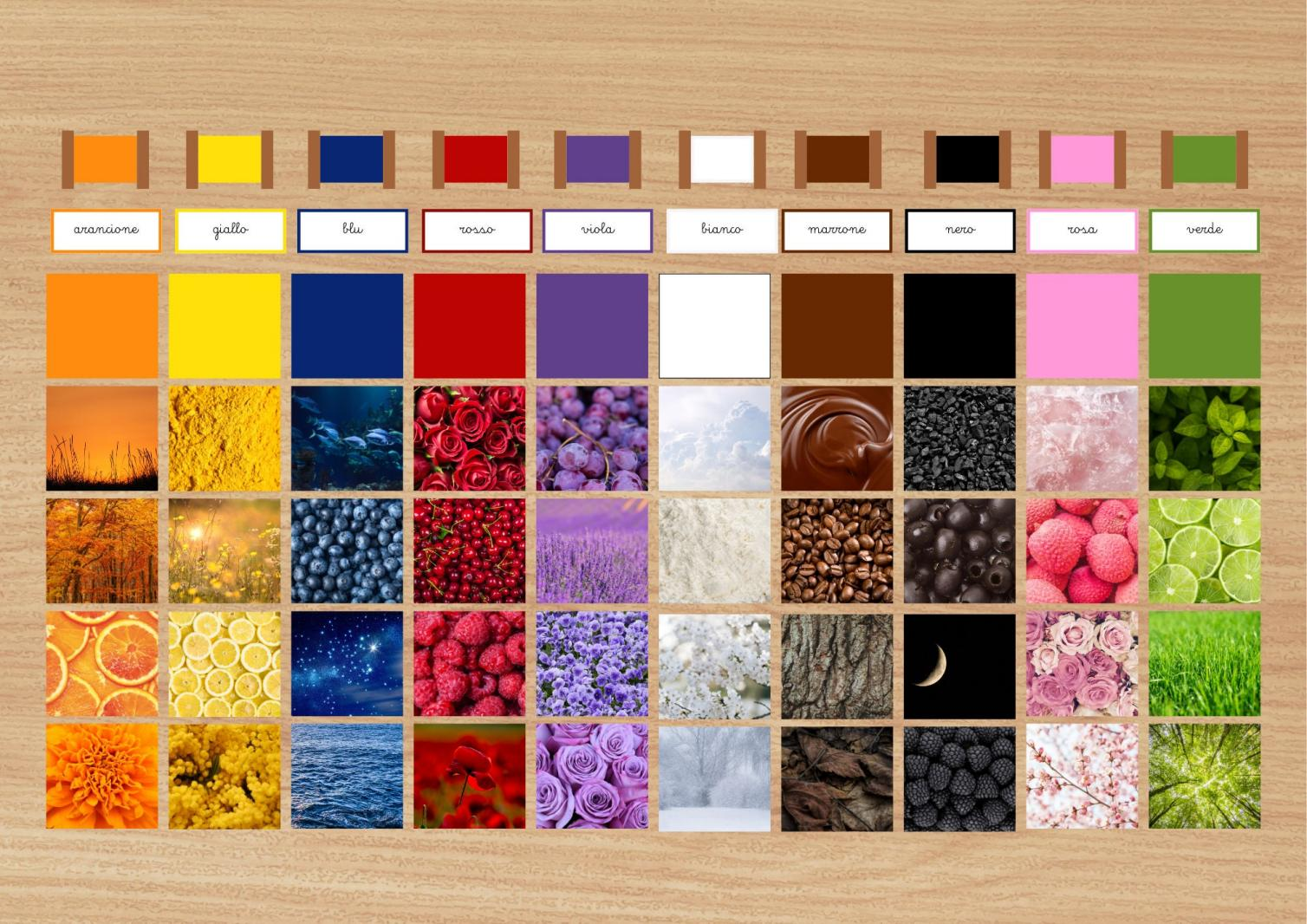 How to Use Montessori Color Tablets for Autumn Shades Matchi?
How to Use Montessori Color Tablets for Autumn Shades Matchi?
